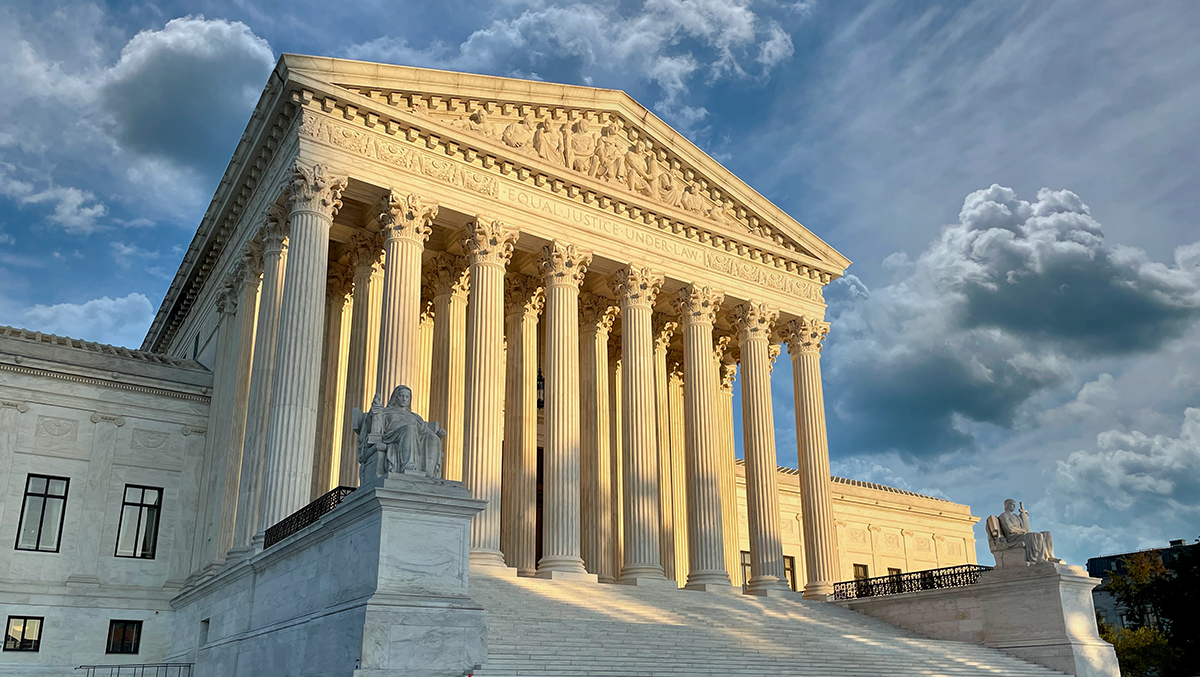Dismissing Case Does Not Prevent Court from Reopening It Later

What happens when a plaintiff mistakenly dismisses his lawsuit, but then seeks to reopen it later? The U.S. Supreme Court recently visited this issue and held that a court can reopen a dismissed proceeding under certain circumstances.
In Waetzig v. Halliburton Energy Services, Inc., Gary Waetzig filed a lawsuit in the federal court in the U.S. District Court of the District of Colorado against his former employer Halliburton Energy Services, Inc. arguing that he was terminated illegally on the basis of his age. Specifically, Waetzig alleged his termination was in violation of the Age Discrimination in Employment Act of 1967. Halliburton asserted, in response, that Waetzig was required to arbitrate his claim, which Waetzig complied with and took his claim to arbitration. At that point, Waetzig dismissed the federal court case without prejudice under Federal Rule of Civil Procedure 41(a) rather than abating it pending completion of the arbitration. In theory, dismissing without prejudice preserved Waetzig’s right to re-file his claims against Halliburton in the future.
Waetzig lost in arbitration. Believing the arbitrator failed to follow numerous procedural rules, Waetzig returned to federal court for relief, filing a motion to re-open the old, dismissed federal lawsuit. The district court requested that Waetzig show cause to justify re-opening the old federal case. In response, Waetzig argued that the court could re-open the case under Federal Rule of Civil Procedure 60(b) which permits a court to relieve a party from a final judgment, order, or proceeding should the court find a “reason” such as mistake, inadvertence, surprise, or excusable neglect.
The court agreed with Waetzig and re-opened the old federal court case, finding that Waetzig committed a “careless mistake” when he voluntarily dismissed the old case instead of abating the suit pending conclusion of the arbitration proceedings or requesting the federal case be administratively closed. Upon hearing the merits of Waetzig’s motion, the court vacated the arbitration award. Halliburton appealed, arguing that voluntarily dismissal without prejudice does not count as a final judgment, order, or proceeding. The 20th Circuit Court of Appeals agreed with Halliburton. The United Supreme Court granted certiorari to decide whether a Rule 41(a) dismissal without prejudice is a final judgment, order, or proceeding for purposes of a court reopening a case under Rule 60.
The Court began by holding that a voluntary dismissal without prejudice is “final” under Rule 60(b), by referencing previous legal definitions of finality and finding that dismissal is the “conclusive” and “last” filing on the docket as it completes a particular lawsuit. The Court then held that after a case is terminated the trial court’s power under Rule 60(b) “kicks in” permitting the court to look back at the final act in a case and provide relief from that act when appropriate. Halliburton argued that the dismissal without prejudice was interlocutory, not final, and Rule 60(b) was inapplicable.
The US Supreme Court disagreed, finding that a voluntary dismissal without prejudice counts as a “final proceeding” and further, that courts have the right to grant relief to voluntary dismissals with prejudice. As such, a district court may re-open a case. The Court did not determine whether that relief was proper under the circumstances of Waetzig’s case, remanding the case for further deliberations.
The attorneys in our Austin and Dallas office handle many arbitrations that begin as lawsuits and require abatement or other legal action. If you should have any questions about arbitration or this opinion, please contact us at info@gstexlaw.com.
Legal Disclaimers
This blog is made available by Gerstle Snelson, LLP for educational purposes and to provide general information about the law, only. Neither this document nor the information contained in it is intended to constitute legal advice on any specific matter or of a general nature. Use of the blog does not create an attorney-client relationship with Gerstle Snelson, LLP where one does not already exist with the firm. This blog should not be used as a substitute for competent legal advice from a licensed attorney.
©Gerstle Snelson, LLP 2025. All rights reserved. Any unauthorized reprint or use of this material is prohibited. No part of this blog may be reproduced or transmitted in any form or by any means, electronic or mechanical, including photocopying, recording, or by any information storage or retrieval system without the express written permission of Gerstle Snelson, LLP.

